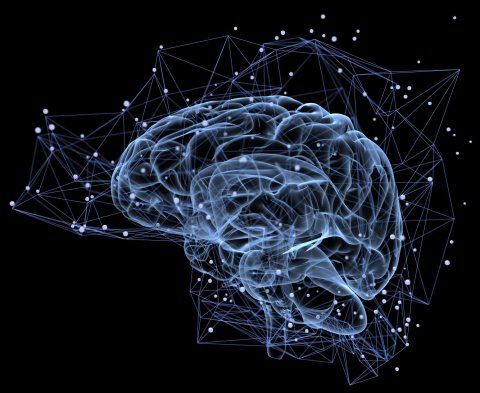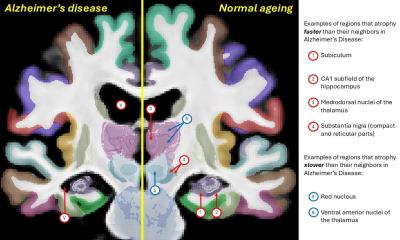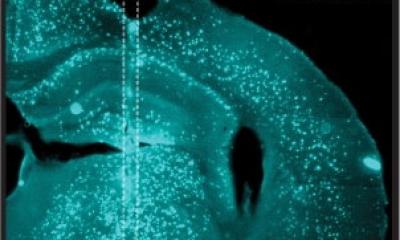News • DZNE and Eisai team up
Research collaboration to fight neurodegenerative disorders
The German Center for Neurodegenerative Diseases (DZNE) and Eisai Co., Ltd. announced that both parties have entered into a research collaboration agreement aiming to create potential novel treatments for neurodegenerative disorders including Alzheimer’s disease (AD) which modulate immune competence in neurons and glia cells.

Image source: Shutterstock/Tatiana Shepeleva
DZNE is a world-leading interdisciplinary public research organization constituted with ten research sites in Germany that investigates methods for prevention, diagnosis and treatment against neurodegenerative diseases. The collaboration will incorporate DZNE’s expertise in the fundamental and clinical research with Eisai's abundant experience in drug discovery for neurodegenerative diseases to accelerate development of novel drug candidates.
We think that this collaboration will be able to accelerate creation of new treatments for neurodegenerative disorders, including those for Alzheimer’s and Parkinson’s
Pierluigi Nicotera
Prof. Pierluigi Nicotera, Chairman of the DZNE’s Executive Board commented: “We are pleased to have formed this collaboration with Eisai, which has an outstanding track record and a company-wide commitment to providing innovative treatments in the neurodegenerative disorders field. We think that this collaboration will be able to accelerate creation of new treatments for neurodegenerative disorders, including those for Alzheimer’s and Parkinson’s. The DZNE will contribute knowledge and technical expertise in studying disease processes combined with our translational, patient-oriented approach that involves close interaction between fundamental and clinical research.”
Dr. Teiji Kimura, Vice President, Chief Discovery Officer of the Eisai Neurology Business Group, commented: “Neurodegenerative diseases including AD comprise a disease area with high unmet medical needs. DZNE has many world-leading scientists in this field and we expect to create new disease-modifying therapies for those suffering from neurodegenerative disorders by conducting research for immune and metabolic incompetence in neurons and glia cells.”
Source: German Center for Neurodegenerative Diseases
17.03.2021





